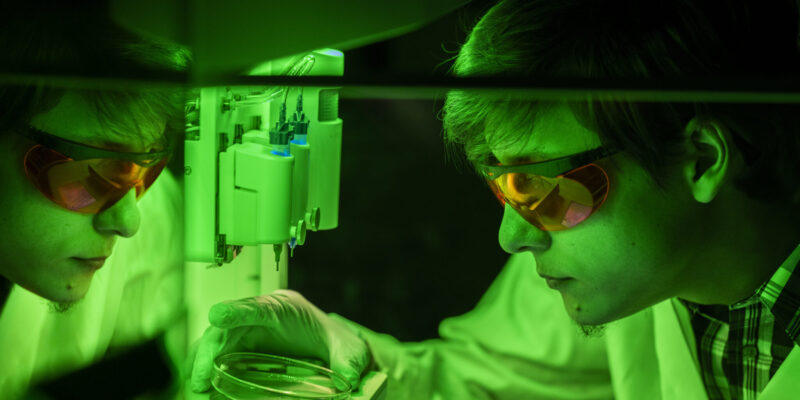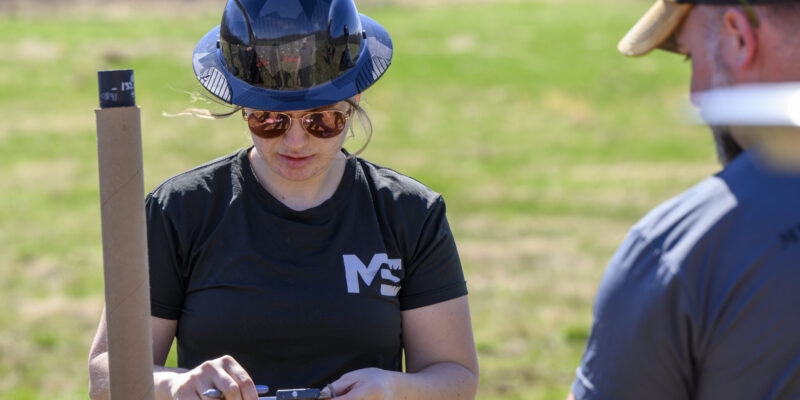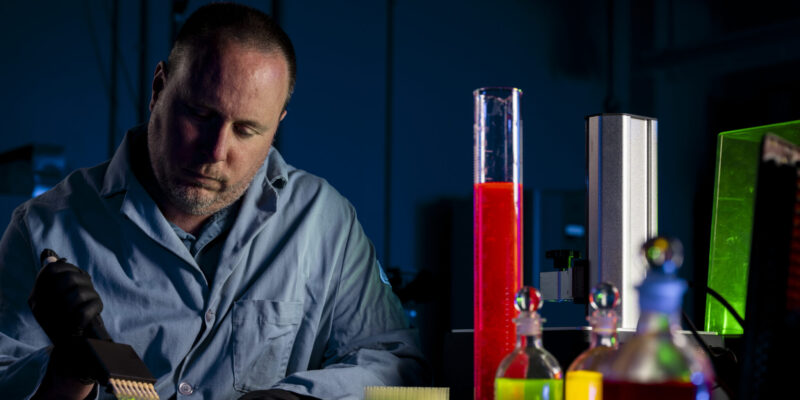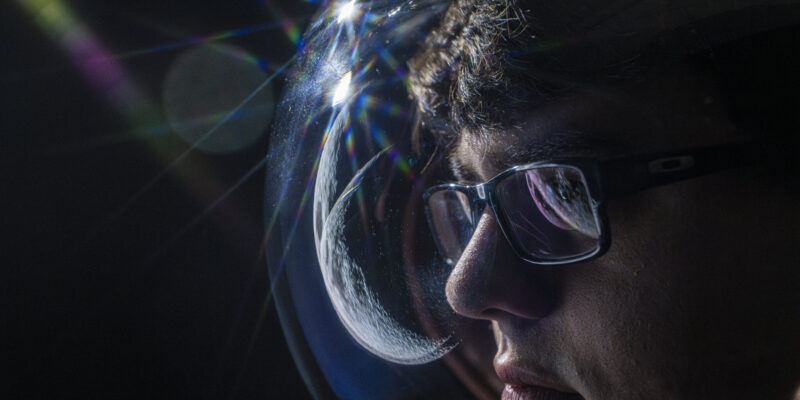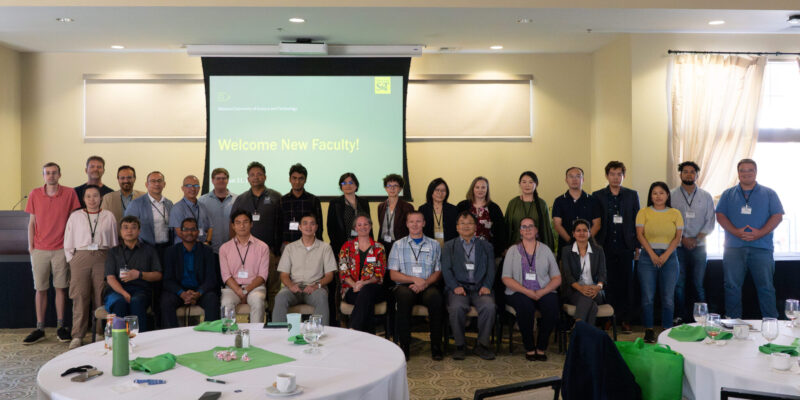Research
Missouri S&T awarded MoDOT grant to test low-salt diets for winter roads
A Missouri S&T research team has been awarded $450,000 from the Missouri Department of Transportation for a two-year study evaluating new materials for treating roadways during winter weather that could reduce or replace traditional salt-based treatments.
Read More »Using philosophy for counseling: Missouri S&T lecturer publishes new book
A Missouri S&T faculty member has published a new book that focuses on society and people’s feelings of insecurity and precariousness. Precarity, Trauma, Addiction, and Love in Philosophical Counseling, by Dr. Ross Channing Reed, a lecturer in philosophy at Missouri S&T, was released today (Thursday, Jan. 8) by Bloomsbury Publishing. Reed’s book examines how the […]
Read More »Research stories worth revisiting
In 2025, S&T researchers explored questions that stretch from the smallest atomic interactions to the vastness of space, from the chemistry of everyday spices to the future of artificial intelligence, health care and sustainable manufacturing.
Read More »Retraining the membrane: S&T student’s award-winning research boosts algae growth
Algae — the green, sometimes slimy-looking organisms found in bodies of water — could potentially be used as a commercial product to capture industrial emissions, serve as a biofuel and improve wastewater treatment. But finding a cost-effective way to feed the algae with carbon dioxide so it can grow efficiently at a large enough scale for […]
Read More »S&T student aims for faster ballistics prototyping, lands on world stage
Bullets move fast. Prototyping them? Not so much. But a Ph.D. student in mechanical engineering at Missouri S&T is researching an accelerated process for producing and testing 3D-printed ballistics, and she has already earned international recognition.
Read More »Organ-on-a-chip: S&T researchers develop new 3D printing method for tissue engineering
A Missouri S&T research team has developed a new light-based 3D-printing method that could speed up and simplify the process of making organs-on-a-chip — small tissue-like devices that are used for medical research and drug testing.
Read More »Missouri S&T researcher’s robotic bridge inspection system earns ASCE’s 2025 Pankow Award
Dr. Genda Chen’s invention, called the Bridge Inspection Robot Deployment System, or BIRDS, was awarded the American Society of Civil Engineers (ASCE) 2025 Charles Pankow Award for Innovation.
Read More »90 researchers affiliated with S&T among top 2% cited scientists in their fields
A total of 88 current and former researchers affiliated with Missouri S&T are among the world’s top 2% most-cited scientists recognized either for their career-long impact or for their 2024 metrics, according to a Stanford University analysis of the Elsevier Data Repository.
Read More »S&T student awarded NASA fellowship to develop method to extract moon metal
When some people look at the moon’s dusty, gray surface, they see multiple obstacles standing in the way of humans building permanent structures there. When Jacob Ortega looks at it, he sees an opportunity to turn its surface materials into aluminum for lunar construction.
Read More »S&T welcomes new faculty
Missouri S&T welcomed over 30 faculty members this year. They bring a wide range of expertise that includes applications for artificial intelligence (AI) in health care, biomedical engineering, concrete sustainability, nuclear reactor safety and semiconductor design. The new faculty are:
Read More »
